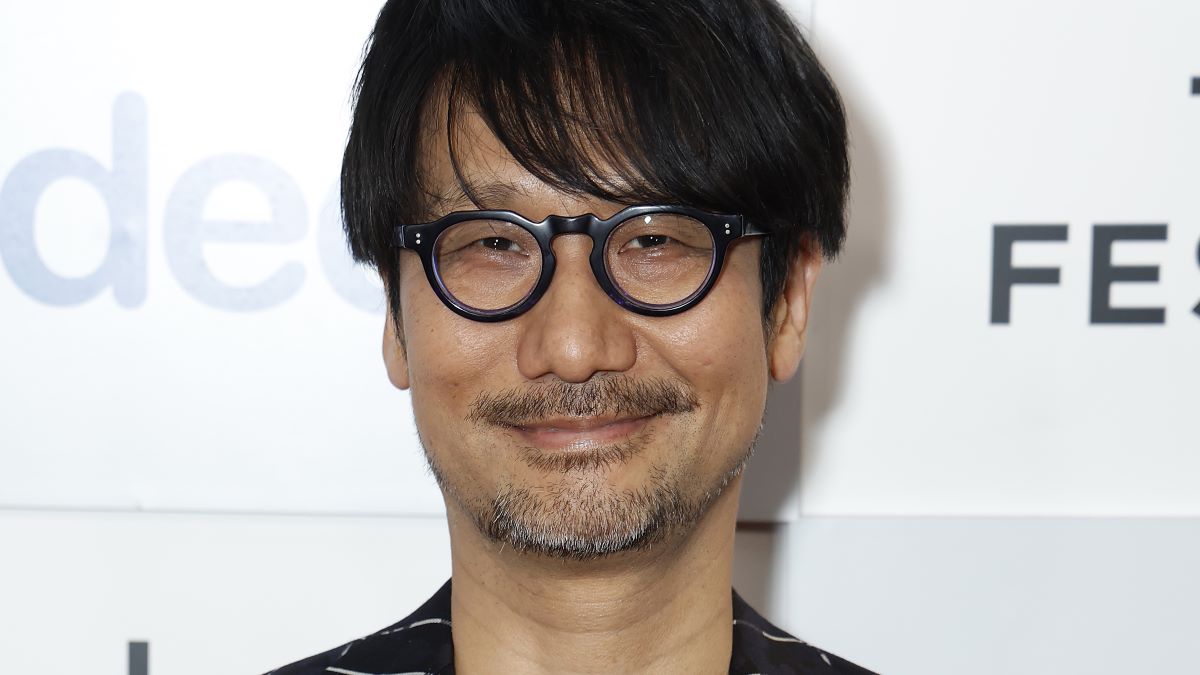Hideo Kojima is one of the most revered developers in gaming history. His career stretches from 1980s 8-bit personal computers through practically every major console ever released, right up to the PlayStation 5. 2022 is set to be a big year for him, with multiple sources claiming that he has two new projects in the pipeline.
His studio, Kojima Productions, has confirmed that they’re working on a “big” new game alongside a “new and challenging title,” with art director Yoji Shinkawa teasing an official unveiling “quite soon.” Beyond that, his company recently announced a new L.A.-based division to develop film and TV series.
What better time to look back at his games and rank them? First up, this list is specifically about titles he directed rather than produced, so if you’re a Zone of the Enders, Boktai, or Tokimeki Memorial Drama Series fan, you’re out of luck. Beyond that, there’s a number of Metal Gear games he only oversaw, so titles like Metal Gear Rising: Revengeance and Metal Gear: Ghost Babel won’t make the list.
With all that in mind, let’s go!
13. Metal Gear (1987)
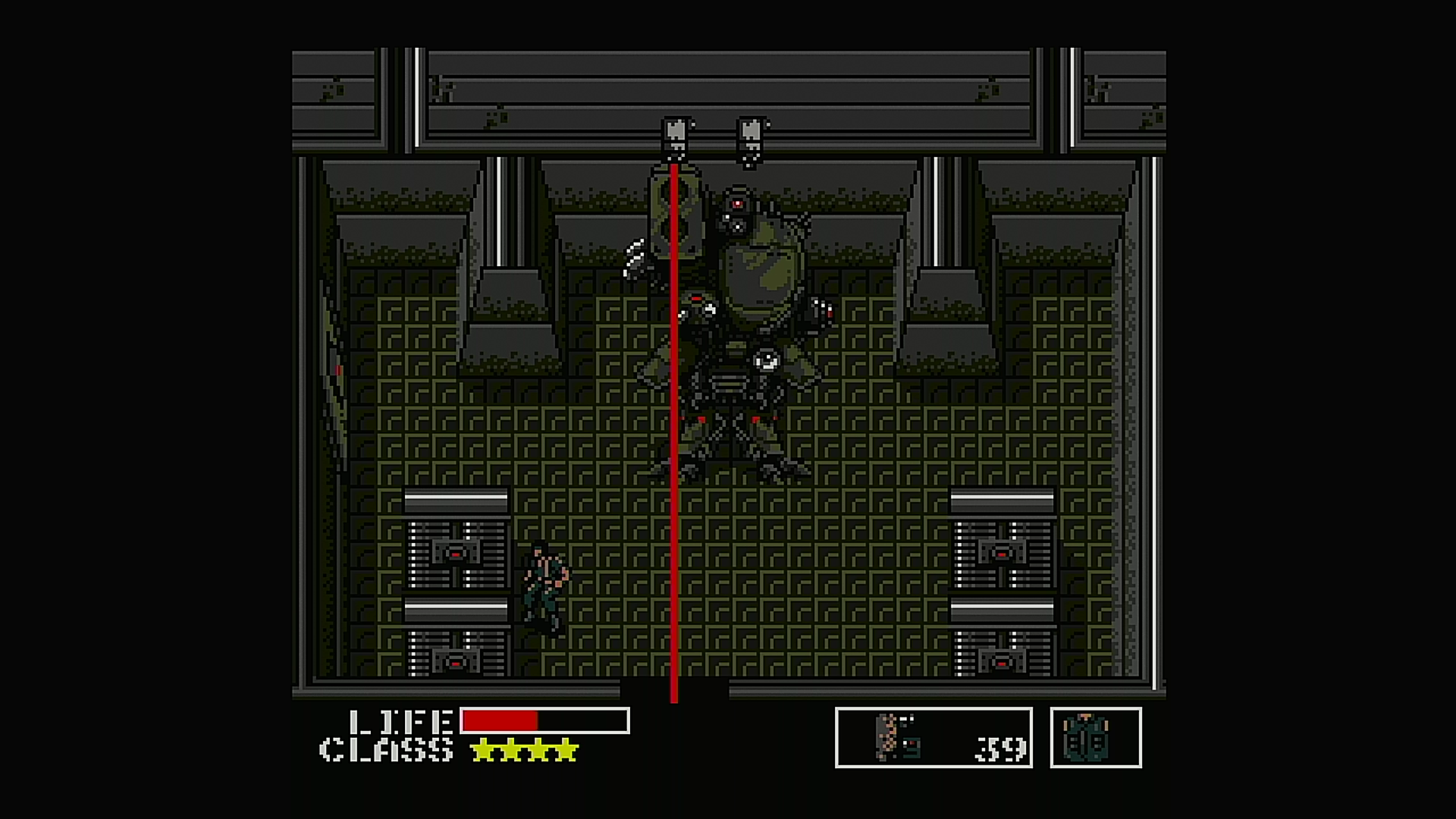
1987’s Metal Gear kicked off the series and was, at the time, groundbreaking. Kojima was famously tasked with creating a generic military shooter, though the MSX’s hardware limitations meant that only a few sprites and bullets could appear on screen simultaneously. The solution was to make combat a last resort, and with that, the stealth gameplay he’d become known for was born.
It’s a landmark game, and its events would go on to reverberate through the entire Metal Gear series. But though it’s important, actually playing it isn’t fun. The game is both overly easy (to evade enemies, you simply need to move to the next screen) and, in springing fatal traps on you without warning, unfairly difficult. Perhaps it’s unjust to rank a 1980s 8-bit game against contemporary titles, but whichever way you cut it, the original Metal Gear is for completists only.
12. Policenauts (1994)
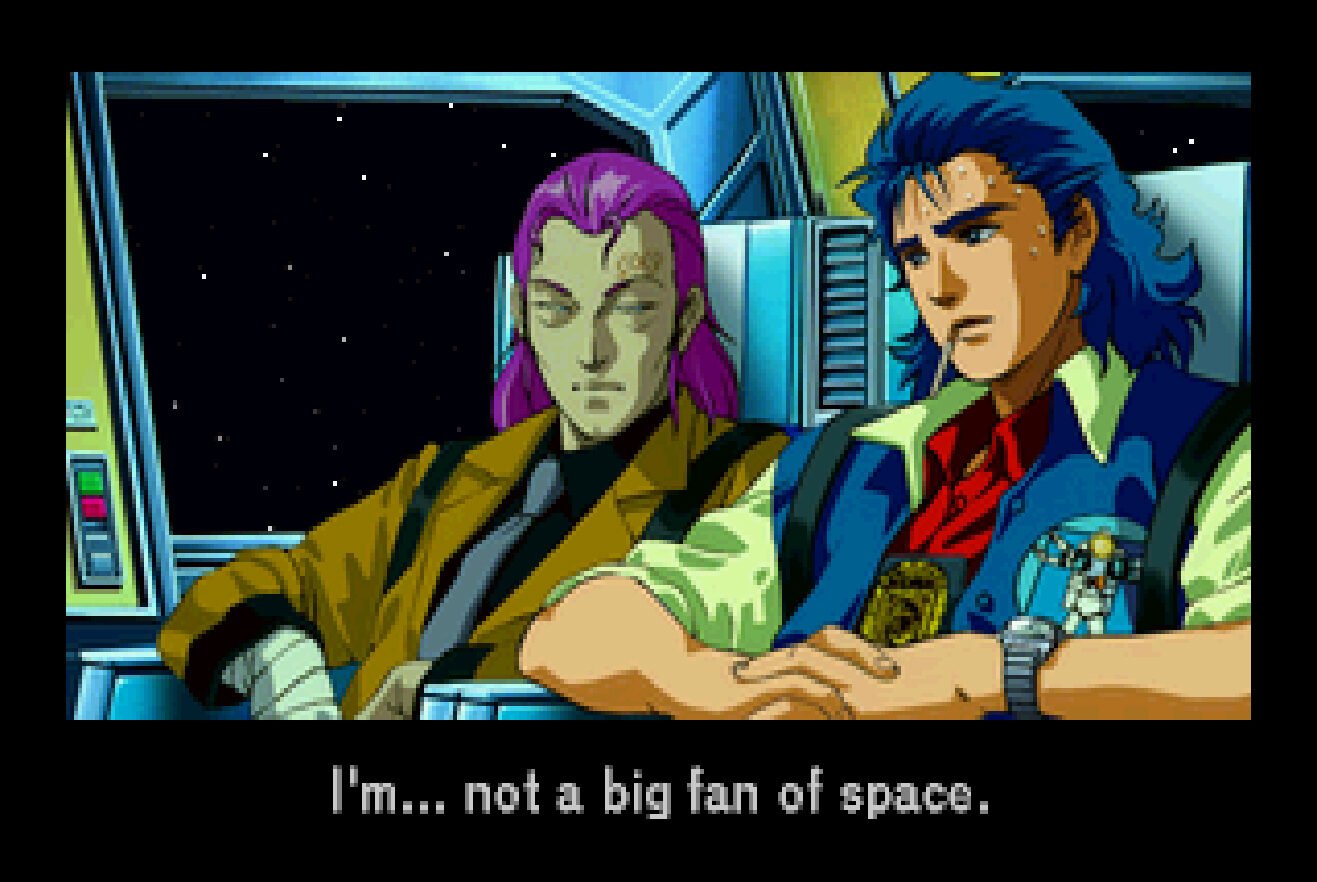
For more than a decade, this graphical adventure was the holy grail for Metal Gear fans. Policenauts is a sci-fi buddy cop movie in which you play a detective uncovering a criminal conspiracy on an outer-space colony. It’s a killer premise, though the game was never officially localized for territories outside Japan.
In 2009, an incredible fan translation was released online for the 1996 PlayStation version, and soon many realized why this had stayed in Japan for so long. The game isn’t just a space detective adventure: it’s also a molest-em-up. Yup, the game allows you to grope and harass every female character in the game, up to and including your partner’s teenage daughter. It’s a shame, because Kojima has clearly done extensive homework on outer space, but the hard work is always undercut by the creepy sexism.
11. Metal Gear Solid 4: Guns of the Patriots (2008)
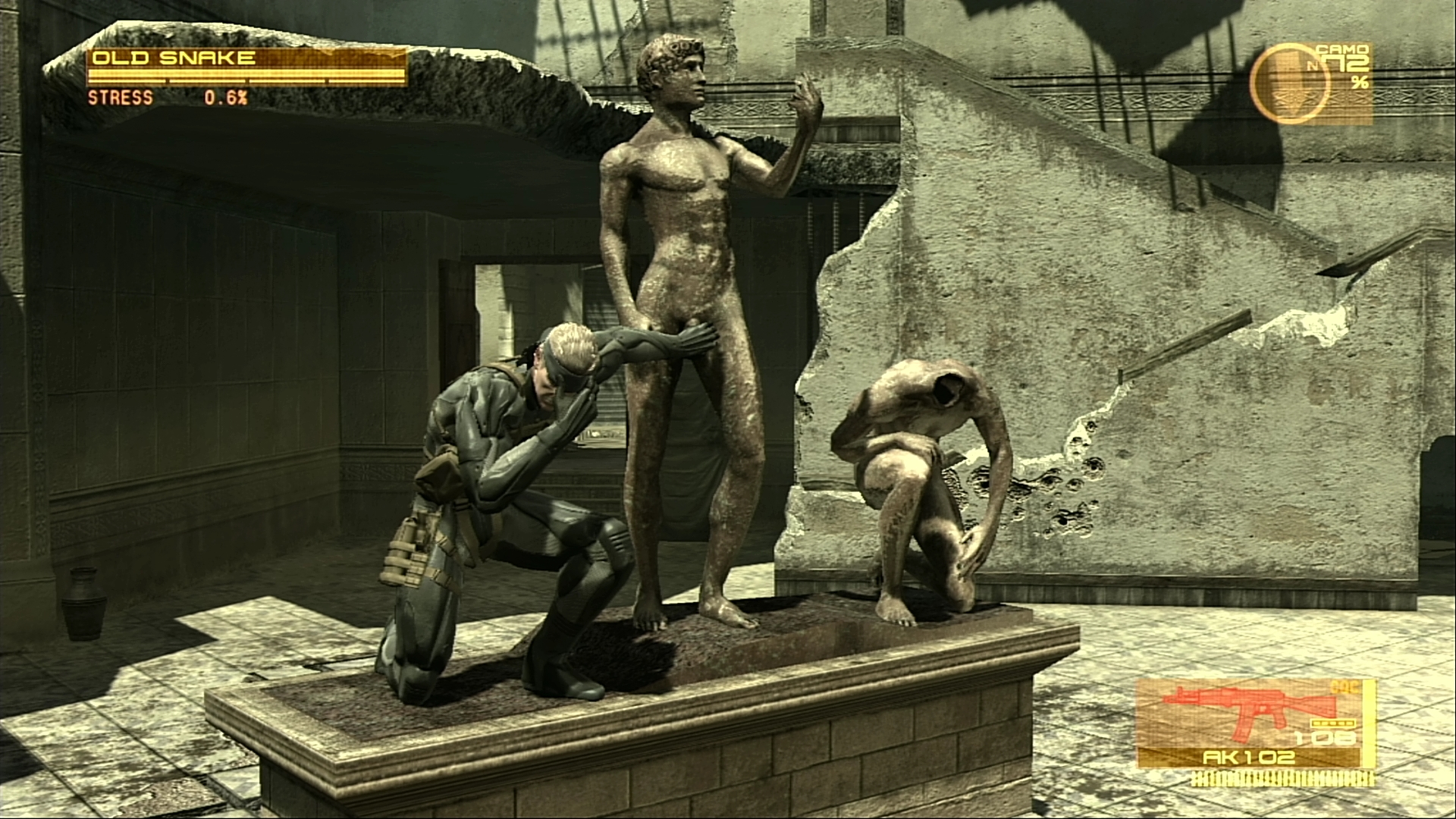
This was billed as the big finale of the Metal Gear franchise, and though there were a number of titles that followed it, this is certainly a bombastic ending. Series protagonist Solid Snake has succumbed to premature aging, faces a world in which war has become an industry, and has been tasked with taking down his mysteriously-resurrected clone brother (it’s complicated). Kojima delivers a fascinating near-future sci-fi world but fumbles the ball in telling a coherent story.
After two excellent opening acts, things go downhill, first with an extended and boring sequence in which you follow someone around a deserted city, then with chapters that are more cutscene than game. By the time the final credits roll, the story has twisted around like a pretzel and you need a degree in Metal Gear history to make sense of anything that’s going on.
10. Metal Gear Solid V: The Phantom Pain (2015)
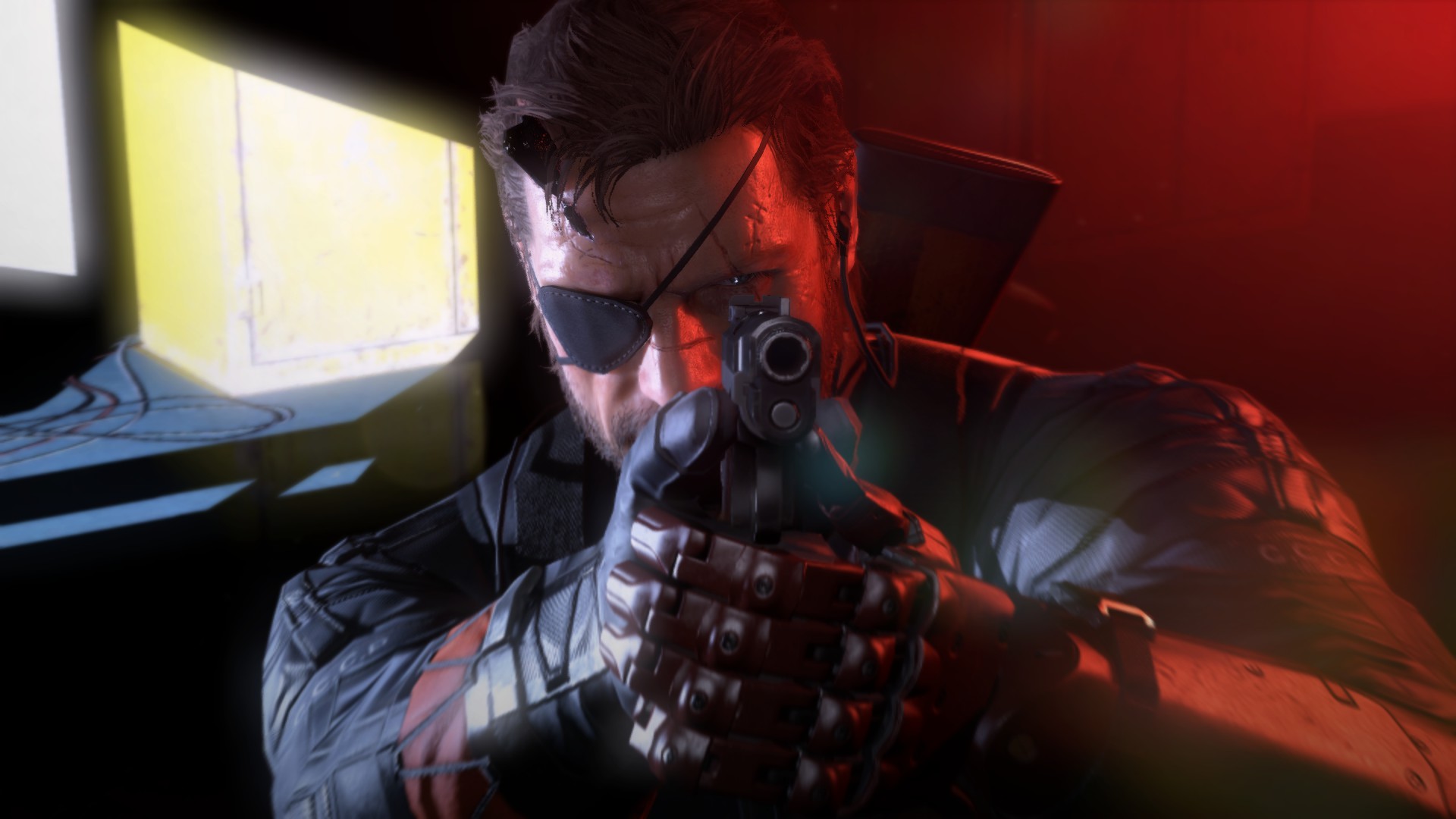
Yet another big ending for the series, but this time for realsies. In this hugely-hyped cross-platform title, Metal Gear went open-world for the first time in a gigantic sandbox adventure, with one of the most advanced stealth systems ever seen in video games. On that score, The Phantom Pain delivered. It was and is a dream to play, with silky smooth controls, a fantastic graphics engine that still impresses to this day, and a bewildering amount of weapons and gadgets to screw around with.
There’s only one problem: it’s obviously half-finished. The Phantom Pain‘s development coincided with Konami deciding their future lay with gambling, mobile titles, and fitness rather than big-budget single-player adventures. This left this very expensive title as an anomaly, as management grew frustrated at the slow development and wanted it out the door. The full drama is still unknown, but gamers soon realized that something was up when much of the second half of the game simply repeated missions from the first half with minor modifications.
It’s sad that we’ll never get to see the full extent of what Kojima had planned for the franchise’s finale, but at least what’s here is fun to play.
9. Metal Gear 2: Solid Snake (1990)
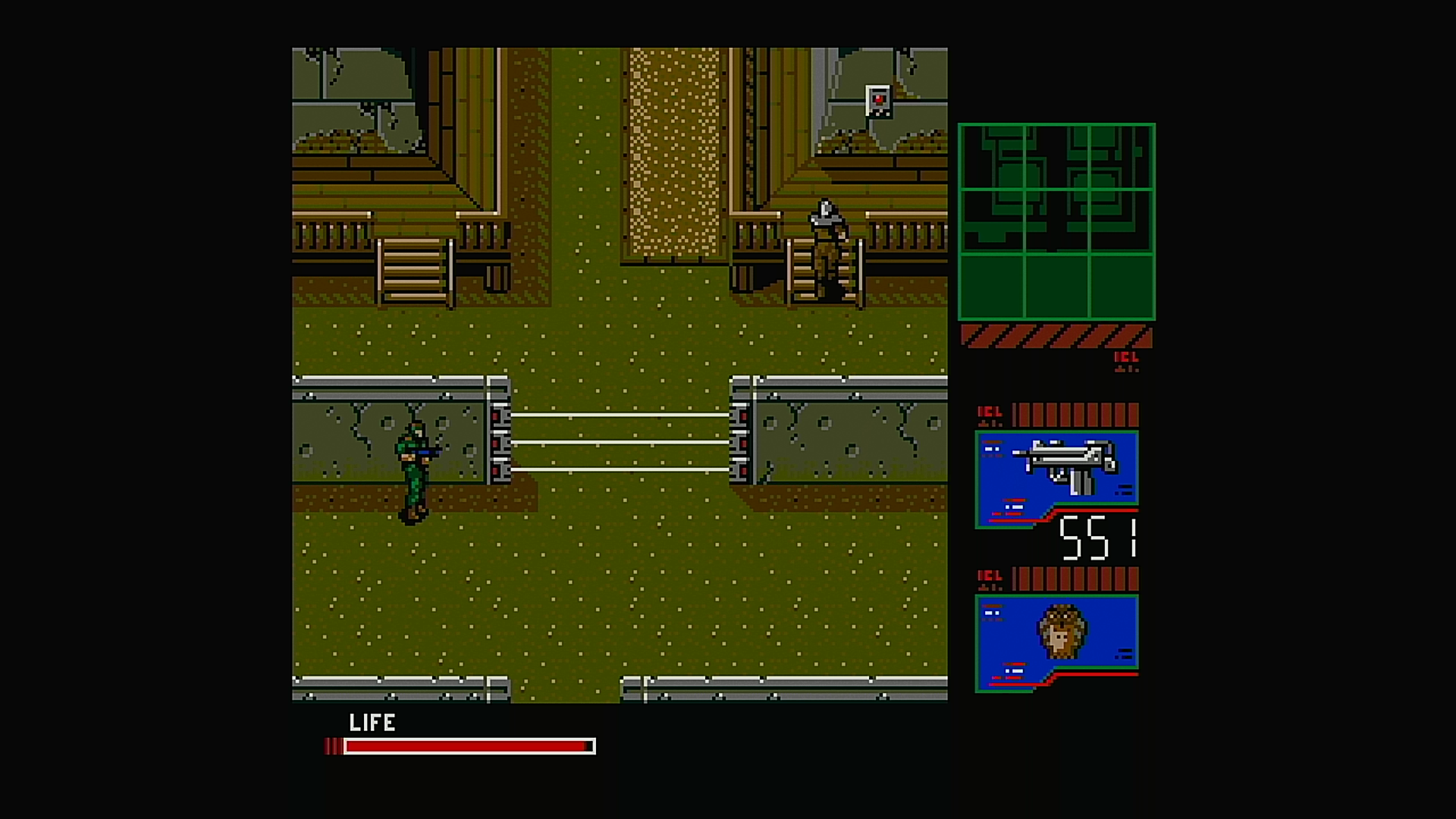
This is where it all starts coming together for the franchise. Metal Gear 2: Solid Snake improves on the original in every conceivable way: the stealth gameplay is deeper and trickier, the gameplay is crammed full of the little touches Kojima would become known for, and the plot nails the blend of melodrama, geopolitics, and technobabble that would go on to make subsequent games so iconic.
It’s also extremely funny. This is a hard-nosed, stealth-action game in which you get past a guard by making an owl hoot. If an owl’s hooting, then it must be nighttime, so it’s time to deactivate the laser fence. It makes perfect sense!
Sure, it’s a 1990 game and has inevitably aged, but if you can look past a certain amount of retro game jank, Metal Gear 2 remains a solid adventure. Plus, anyone familiar with Metal Gear Solid will find a surprising amount of similarities, as Kojima recycled a lot of ideas from this for the 1998 smash-hit.
8. Metal Gear Solid V: Ground Zeroes (2014)
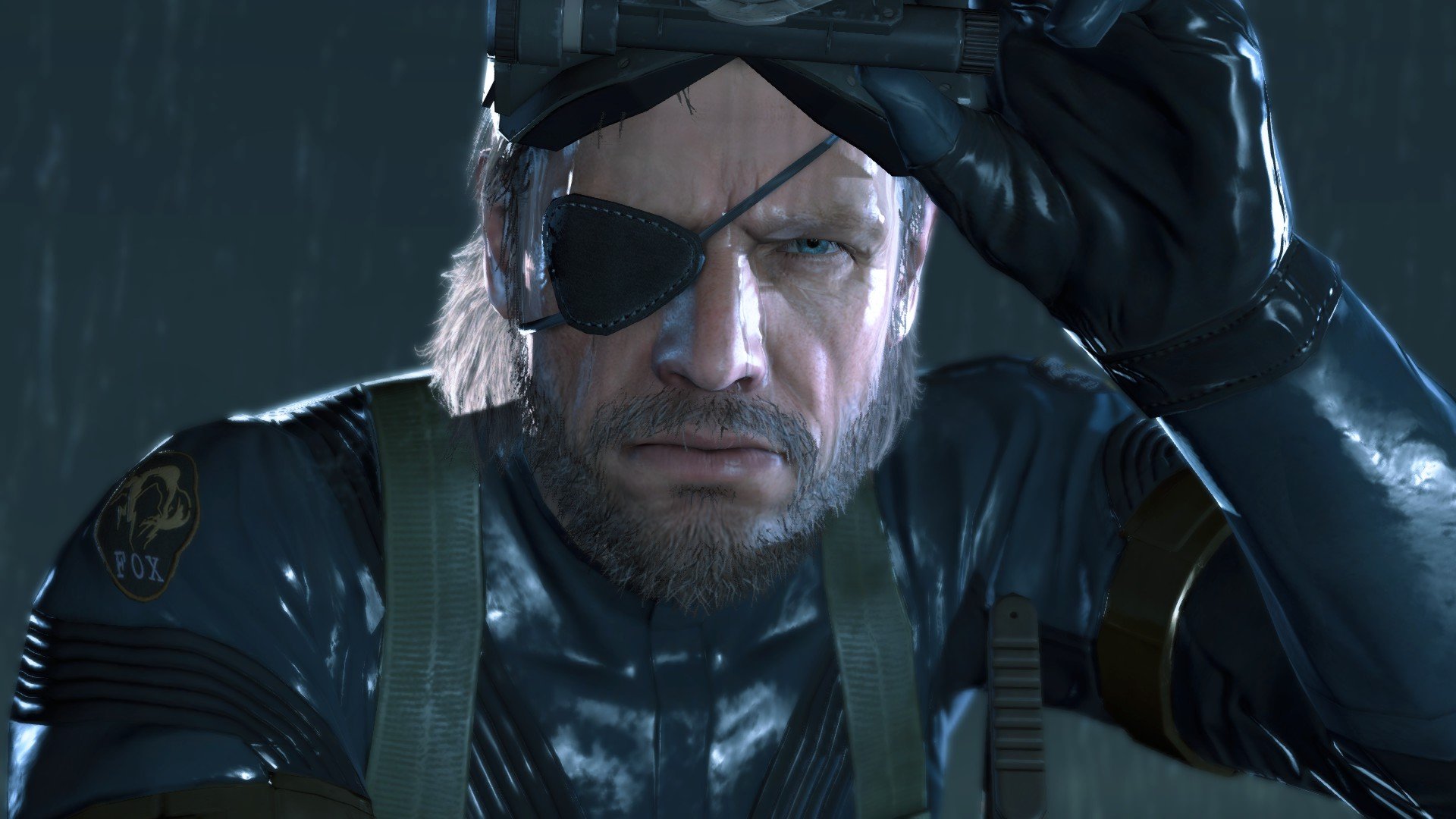
In many ways it’s perverse to rank Ground Zeroes above The Phantom Pain. This standalone title was widely dismissed on release as a paid demo, comprising just a single limited map and several missions taking place within it. But while The Phantom Pain is sprawling, Ground Zeroes is tightly focused.
The limited play area means every inch of the level design feels hand-crafted, the lack of an easy escape route means getting spotted actually has consequences (in The Phantom Pain you can almost always simply run away), and the guard AI feels smarter.
But where it really succeeds is in its setting. Ground Zeroes takes place in a thinly-veiled analog for Guantanamo Bay, and your mission is to break in and free tortured prisoners. In a series where political commentary is often lost among the giant robots and superpowered mercenaries, this actually has something to say about the U.S.’s use of black sites to torture people, and it doesn’t pull any punches.
7. Metal Gear Solid: Peace Walker (2010)
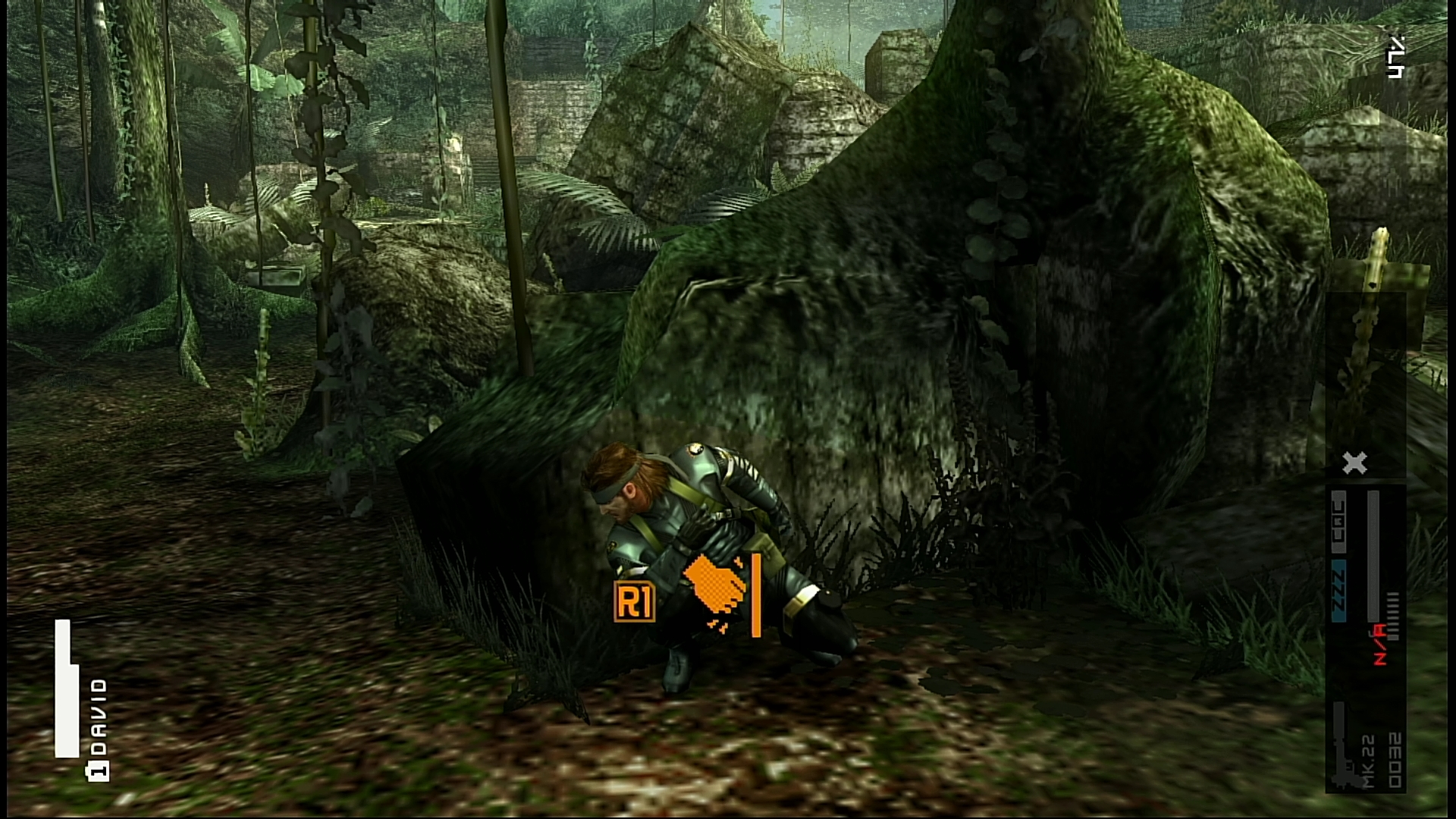
After the merely-okayish Metal Gear Solid: Portable Ops, Kojima stepped in to make sure Metal Gear had a PSP entry worthy of the franchise. The result was Metal Gear Solid: Peace Walker, which reduces missions to bite-size chunks suitable for gaming on the go, adds base and tech management elements, and has a heavy focus on co-op multiplayer.
The result isn’t for everyone, though it’s difficult to deny this is stuffed with content. There’s a lengthy campaign stuffed with cold war intrigue, a ton of bonus missions (some of them quite bizarre), and even a full-on crossover with Monster Hunter. The only real flaw is that the game is designed around multiplayer and some elements — specifically, the bosses — aren’t much fun to fight alone.
Fortunately, despite being more than a decade old, it’s still not too hard to get a multiplayer game going. The PlayStation 3 HD version still has a playbase, and the multiplayer being entirely peer-to-peer, rather than server-based, means it’s not going away any time soon. Trust me, you haven’t had the full Peace Walker experience until you’ve been saved from a rampaging dinosaur by a speedo-wearing soldier inside a cardboard box with an ambulance siren on top.
6. P.T. (2014)
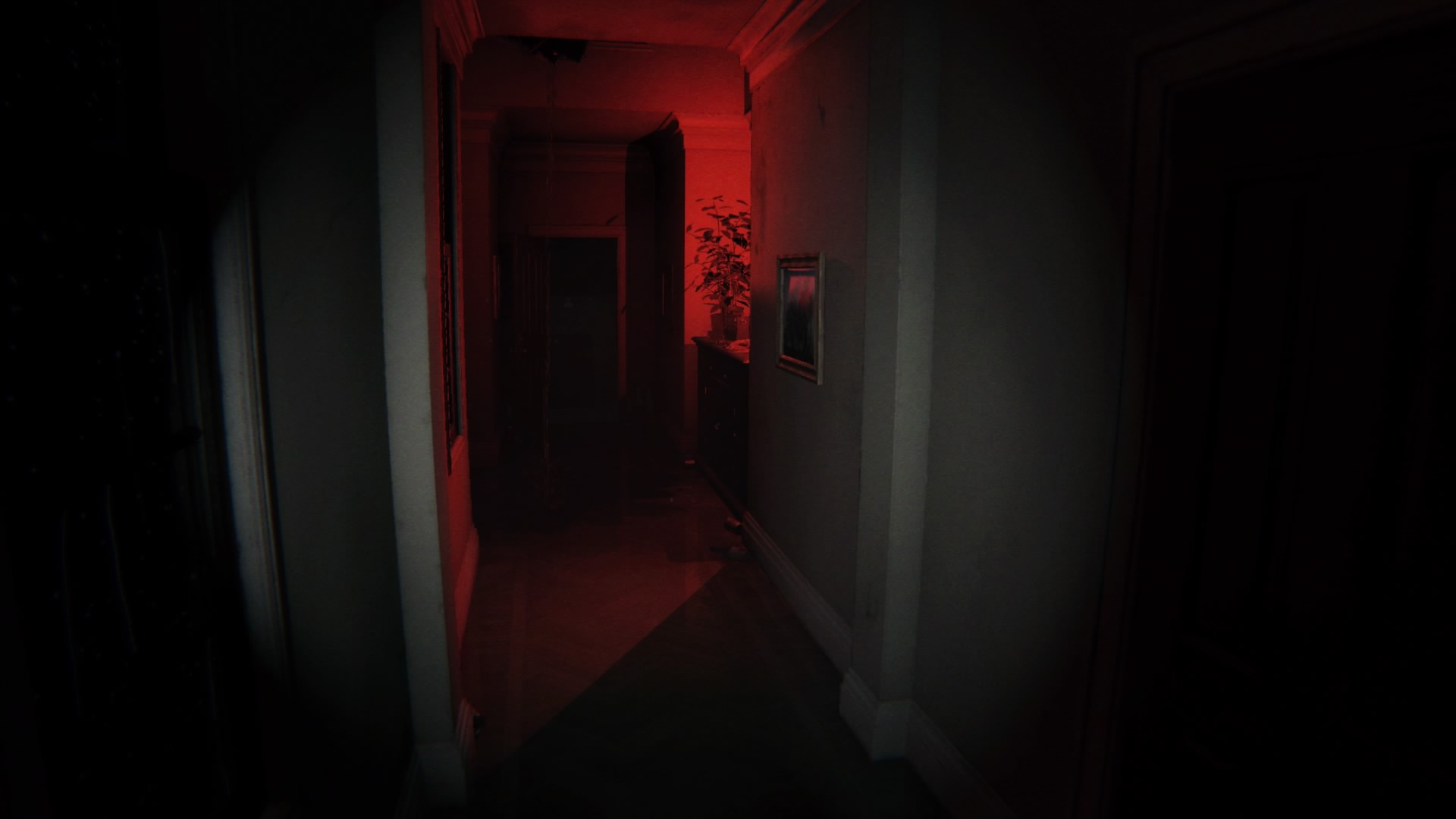
Yes, it’s another demo, but P.T. (“playable teaser”) is arguably the single greatest free demo of all time. It was released on PlayStation 4 to get fans hyped for Kojima/Guillermo Del Toro collaboration Silent Hills, though the game was canceled after Kojima and Konami fell out.
P.T. was soon yanked from the PlayStation store, meaning that only the lucky few who have it actually downloaded to their consoles can still play it. (*Sheepishly raises hand.*) This absolutely lives up to the hype, echoing Ground Zeroes in having a very limited play space (in this case, an endlessly looping corridor) and making sure every inch of it is important. It’s a masterclass in nervy tension and went on to influence a lot of late 2010s horror titles.
Fortunately, P.T. won’t stay dead and buried forever. There are a number of fan recreations available for free online, and the PlayStation 4 emulation is developing nicely. If you get the chance, play it.
5. Metal Gear Solid (1998)
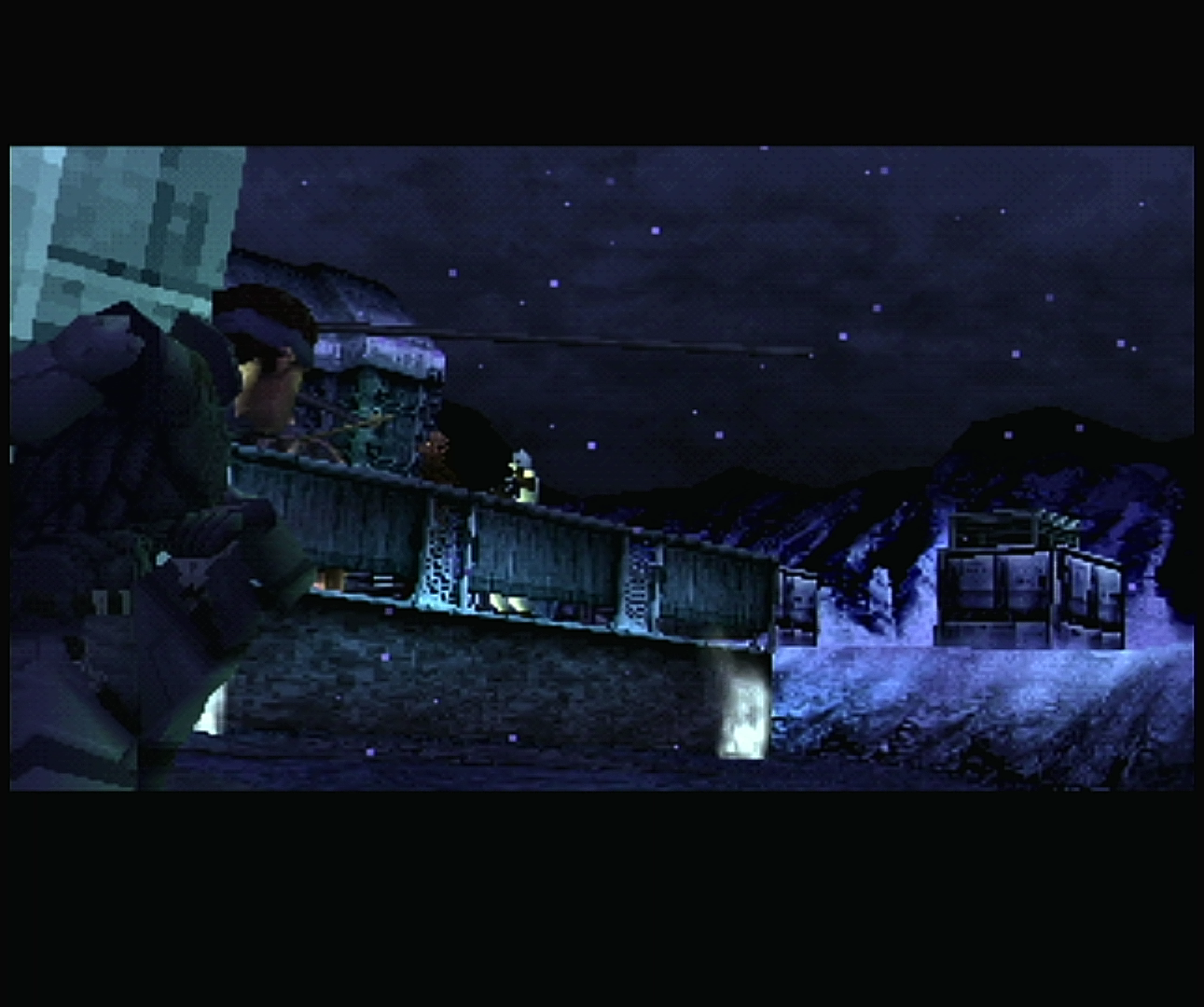
If you weren’t around in 1998, it’s difficult to explain the impact of Metal Gear Solid. This espionage adventure popularized stealth gameplay for a new generation of gamers, told a gripping story with voice acting light-years beyond its competition, and pushed the original PlayStation to its limits.
Beyond that, it was clearly a product of a single creative vision, and by the time the credits rolled, anyone who played it would know what makes Hideo Kojima tick. There’s political philosophy, debates on the future of tech, lectures on nuclear waste disposal, the fourth wall is comprehensively demolished, and it’s all shot through with bizarre humor.
Anyone who grew up with newer consoles might find it difficult to get over the low-polygon graphics and old school control system, but put yourself in a late ‘90s mindset and you’ll still find a killer game that’s among the best on the console. There’s a reason why there’s a perpetual rumor machine about Metal Gear Solid being remade: it’s just that good.
4. Death Stranding (2019)
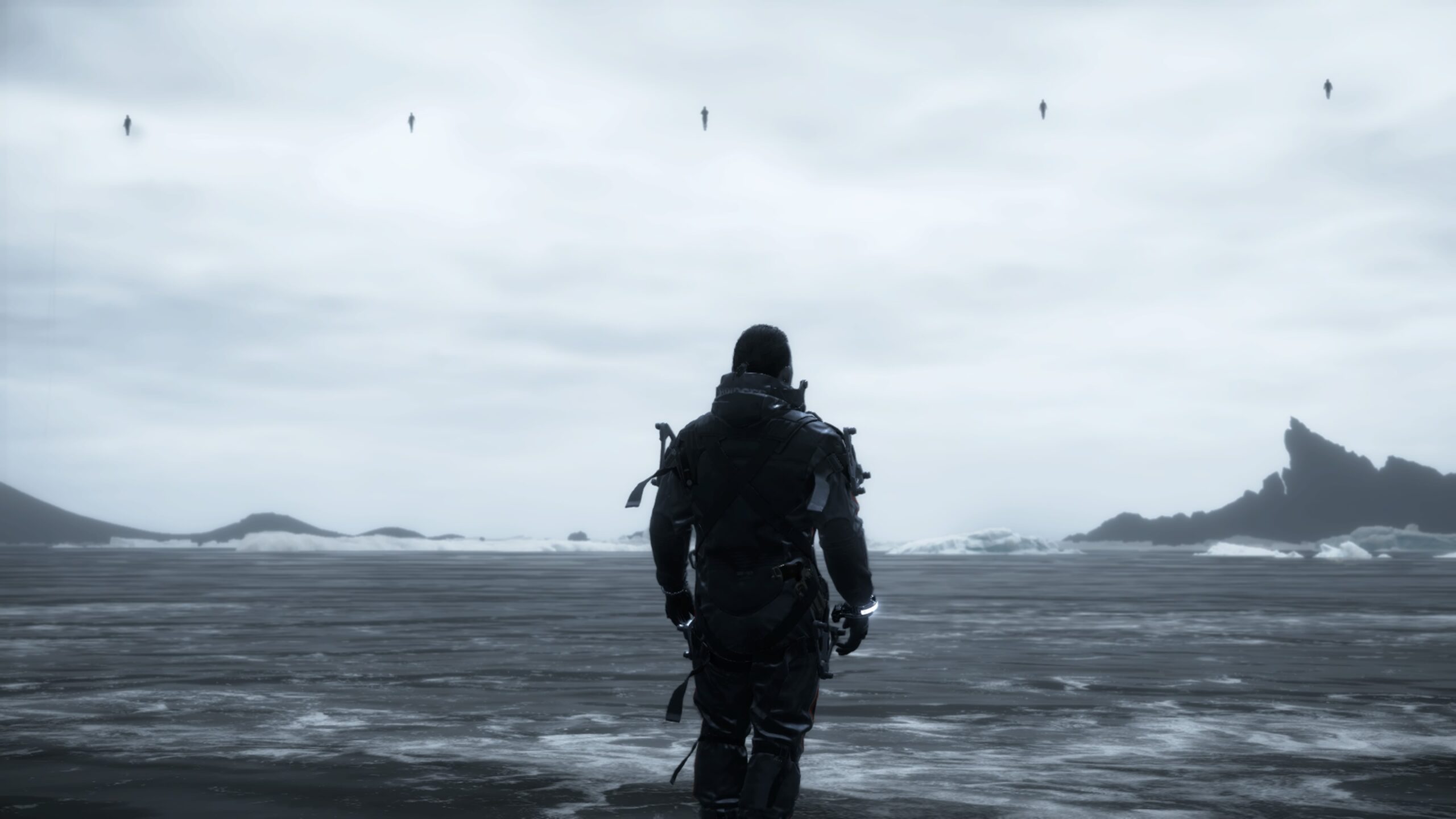
Newly freed from Konami, Kojima had essentially free reign to make whatever game he wanted. The result was Death Stranding, a package delivery adventure “strand game” set in a deeply surreal post-apocalyptic world. With outstanding graphics and a star-studded cast, it landed with a lot of hype behind it.
Many gamers dismissed it as the Emperor’s new clothes: a boring walking simulator with a deeply pretentious plot. But it turns out that releasing a game just prior to the COVID-19 pandemic about people hiding indoors from an invisible menace, communicating only by video conference and entirely reliant on package deliveries, was extremely timely.
If you let it get its hooks into you, Death Stranding is one of the most memorable gaming experiences of the last few years. It’s original, beautiful (especially so in the PlayStation 5 “Director’s Cut”), and optimizing your package deliveries is worryingly addictive. And hey, it’s just nice to play as a heroic Amazon delivery driver rather than a gritty space marine.
3. Snatcher (1988)

Placing a graphical adventure game from the late ‘80s over much more recent titles is likely raising some eyebrows right now, but Snatcher really is that good. In a copyright-skirting take on Blade Runner, you play as Gillian Seed, a JUNKER tasked with wiping out Snatchers, the humanoid robots that have infiltrated human society.
What follows is an enormously entertaining dystopian adventure full of thrills, suspense, and comedy as you pick your way through Neo Kobe City and uncover its dark secrets. Backing up Seed is a fun cast of characters, though you just know some of them will be killer robots in disguise.
First released on Japanese PCs in the late ‘80s, Snatcher got an excellent English localization on the Sega-CD in 1994. This beefs up the graphics and adds voice acting (which is actually pretty good!).
Tracking down an actual copy is another story, as this rare title goes for upwards of $800 used. Reproduction copies are widely available for cheaper, so if you haven’t played Snatcher, track it down and you’re in for a treat. C’mon, Konami, let’s see this get a long-awaited re-release!
2. Metal Gear Solid 2: Sons of Liberty (2001)
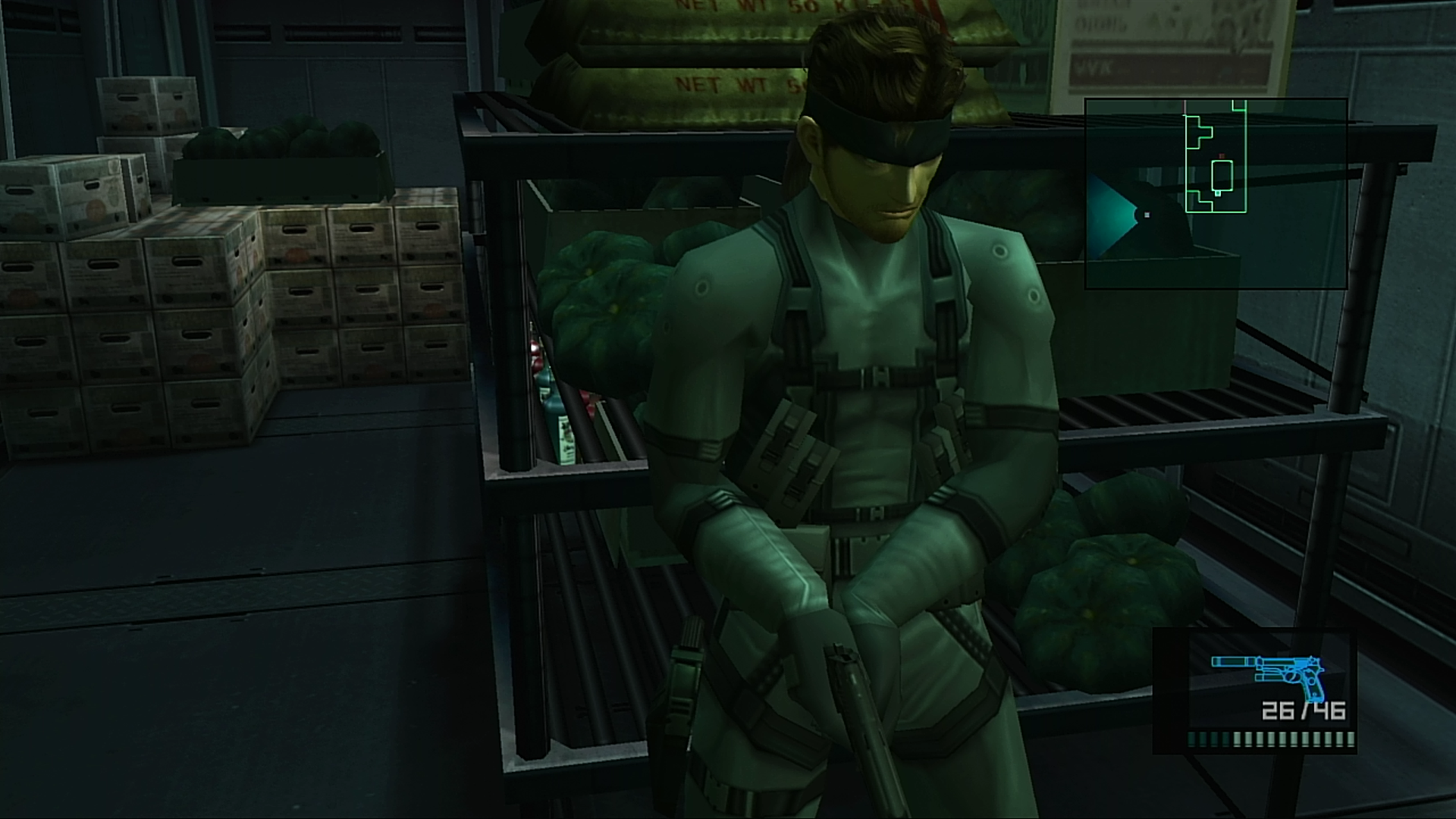
After Metal Gear Solid, it would have been easy for Kojima to rest on his laurels and turn out a safe sequel. He didn’t. Two decades on from its release, there are still corners of the gaming world mad as hell that he ditched gruff, bandana-wearing hero Solid Snake for effete pretty boy Raiden. But time has proven that Metal Gear Solid 2 wasn’t simply Kojima seeking controversy, but a genuinely smart commentary on video game sequels, the relationship of the player to their in-game avatar, and a deep apprehension about what the digital near-future would hold.
The scariest part is that practically all of Kojima’s predictions came to pass. The backbone of the story shows how a person’s digital footprint can be used to manipulate them, combined with a warning that the rise of the internet would result in a flood of information that’ll send people into online echo chambers where they’ll become radicalized.
The really annoying thing is that we got all the bad stuff, but bipedal mechs that roar like dinosaurs remain a fantasy. Bummer.
1. Metal Gear Solid 3: Snake Eater (2004)
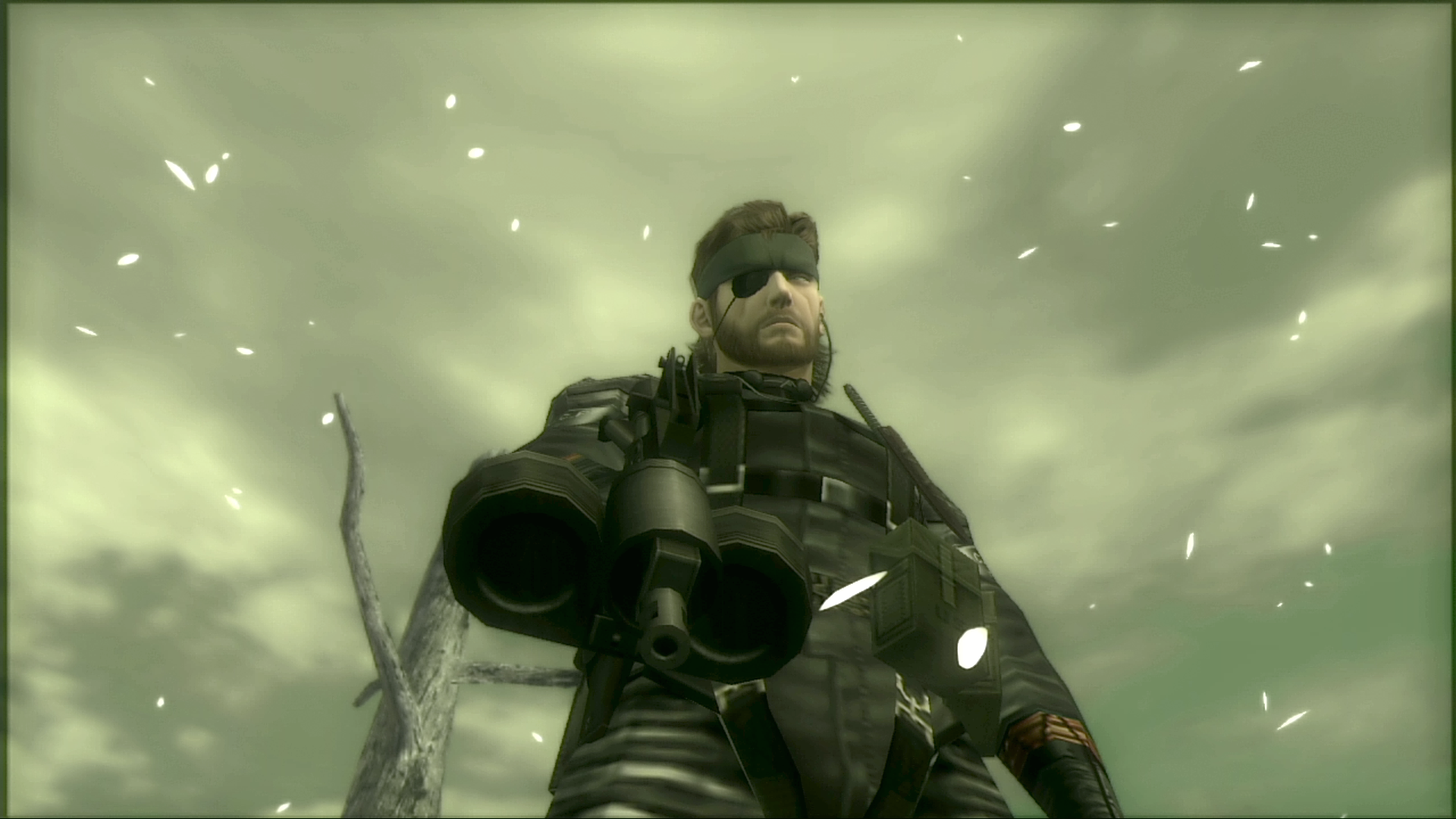
Hideo Kojima often suffers from a Goldilocks problem: sometimes the gameplay is polished to a mirror sheen, but the story is told badly. Sometimes you spend more time watching long-winded cutscenes than playing. Sometimes the politics, philosophy, futurism, and bizarre comedy just don’t mix well. But in Metal Gear Solid 3, the cocktail is poured just right.
Set in the 1960s at the height of the Cold War, you must sneak through a jungle, infiltrate a secret weapons facility, destroy a world-threatening nuclear weapon, and assassinate your former mentor. So far, so Metal Gear.
But this entry marries insightful commentary on competing ideologies and nation-states with a rock-solid emotional core. All of its characters are fun, eccentric weirdos, the environments are literally bristling with life, and the stealth gameplay is deep and rewarding. I’ve played through Snake Eater countless times on various platforms, and each time there are new quirks to find or gameplay wrinkles to play with. It’s an all-time great, and if you haven’t played it, you should.
Here’s hoping we get the announcements of Kojima Productions’ next games very soon. In the meantime, some kind of Metal Gear Solid collection for current-gen consoles is desperately needed. Don’t leave us out in the cold, Konami!

